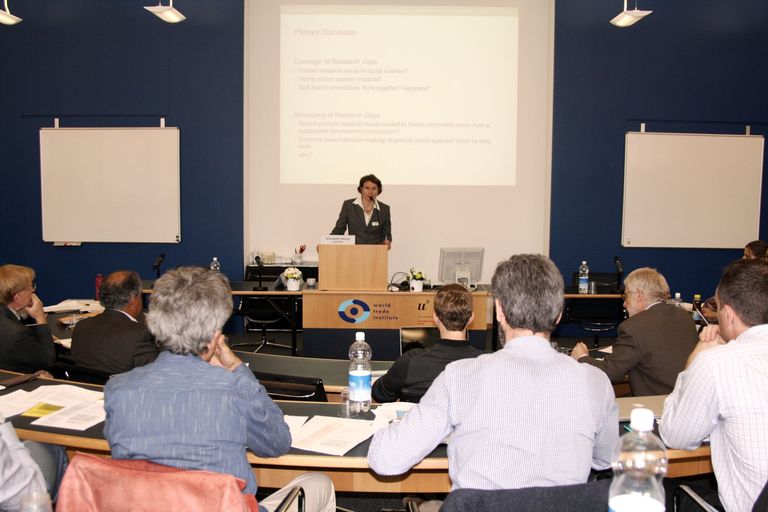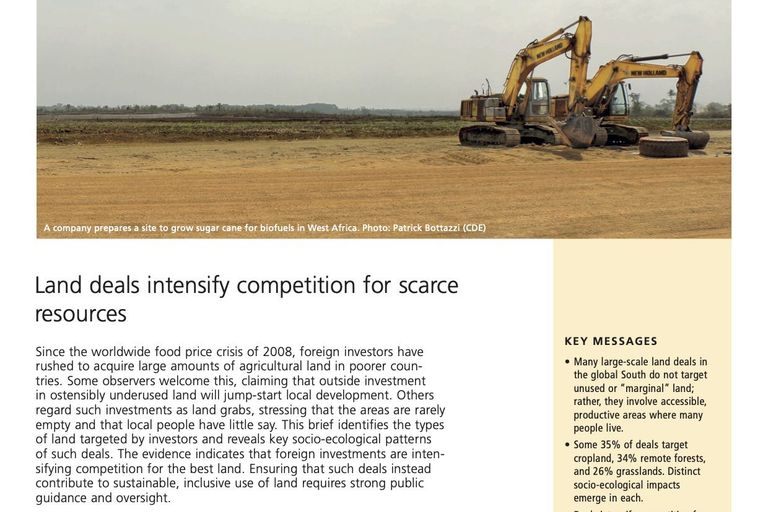Related topics
Transparency in commodities trading: Options for action at the international level and in Switzerland
KFPE was co-organiser of this event, taking place 20 September 2016. The event was meant to provide an overview and stimulate dialogue about potential courses of action and solutions at both international and national level, while also providing different stakeholders (science, industry, NGOs and Members of Parliament) with an opportunity to share their views.

Transparenz im Rohstoffhandel: Internationale und nationale Lösungsansätze
Diese Veranstaltung der Akademien zeigt Hintergründe, präsentiert nationale und internationale Lösungsansätze und diskutiert brennende Fragen.
Making the Commodity Sector Work for Developing Countries - Local Impacts, Global Links, and Knowledge Gaps
Switzerland occupies an important position in the global trade of hard and soft commodities. Companies headquartered within its borders directly or indirectly shape commodity extraction practices around the world, some of which carry considerable negative environmental and social risks on the ground, particularly in fragile contexts. Minimizing these risks and maximizing shared economic gains could enable mutually beneficial development and counteract persistent social and political inequality.

Swiss academia engages with commodities and trade
On 21 April 2015, a group of scholars and stakeholders discussed research gaps in the field of commodities and trade at an academic workshop.

Land deals intensify competition for scarce resources
Since the worldwide food price crisis of 2008, foreign investors have rushed to acquire large amounts of agricultural land in poorer coun- tries. Some observers welcome this, claiming that outside investment in ostensibly underused land will jump-start local development. Others regard such investments as land grabs, stressing that the areas are rarely empty and that local people have little say. This brief identifies the types of land targeted by investors and reveals key socio-ecological patterns of such deals. The evidence indicates that foreign investments are inten- sifying competition for the best land. Ensuring that such deals instead contribute to sustainable, inclusive use of land requires strong public guidance and oversight.

